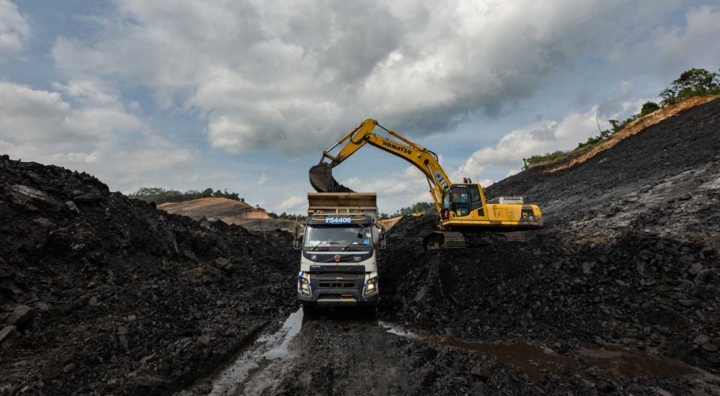Day: September 16, 2025
Related Posts
China Pushes Gulf Cooperation Council to Conclude Free Trade Agreement
China’s Foreign Minister Wang Yi called on the Gulf Cooperation Council to conclude a free trade agreement that has been in discussion for decades. Wang’s meeting with Jasem Mohamed Albudaiwi, Secretary General of the Gulf Cooperation Council, on Sunday in Riyadh, ...
Related Posts
China and Jordan Discuss Closer Ties
Chinese Foreign Minister Wang Yi met with King Abdullah II of Jordan on Monday, the conclusion of his trip to the Middle East. He also met with Foreign Minister Ayman Safadi. The conversations focused on boosting economic cooperation, channeling more ...
China to Take Back Japan’s Last Two Giant Pandas
China will soon take back its last two giant pandas on loan to Japan, leaving the country without any giant pandas on public display for the first time since 1972. The twin pandas, Xiao Xiao and Lei Lei, will have ...
Shaping Tomorrow: How China and Africa Are Negotiating a Shared Future
By Gaia Guatri Lagos—At 7:30 a.m., the light rail hums above the gridlock, gliding through the haze of exhaust and early heat. Built by the China Civil Engineering Construction Corporation (CCECC) and financed through Chinese loans, the sleek blue carriages slice ...
China Orders Banks and Commerce to Boost Consumption
China orders banks and commerce officials to work more closely to boost consumption, directing coordination between financial institutions and commerce agencies as part of a domestic demand push. Consumption has been positioned as a core focus of economic planning under ...

Indonesia’s plans to develop its rare earth resources face a geopolitical dilemma because the fastest way to process them relies on China’s dominant technology and supply chains, even as the United States and its allies are urging Jakarta to reduce dependence on Beijing. Photo by AFRIADI HIKMAL / NURPHOTO / NURPHOTO VIA AFP
Indonesia sits on a geological treasure trove of rare earth minerals, and the government is eager to tap into the wealth they could bring. While it knows how to find, mine, and sell the highly sought-after critical materials, it confronts a geopolitical dilemma: The only ...
Indonesia to Renegotiate High-Speed Rail Cost-Sharing with China
Indonesia will reopen talks with China on how to split a $1.2 billion cost overrun on the Jakarta–Bandung high-speed rail, Whoosh, as a new state holding prepares a debt restructuring for the operator. Whoosh is a 142-kilometer Jakarta–Bandung line that ...
Chinese and Philippine Ships Collide Near Shoal, Tensions Flare
China’s coast guard used water cannons against Philippine ships and accused Manila of ramming, days after declaring a nature reserve. The Philippines said its vessel was heavily damaged and a crew member was injured during the confrontation. China’s Coast ...
Pakistani President Becomes First Foreign Leader to Visit Chinese Weapons Factory
Pakistan’s President Asif Ali Zardari visited China’s largest manufacturer of military aircraft on Sunday, becoming the first foreign state leader to do so. He toured the assembly line of Aviation Industry Corporation of China (AVIC), the maker of the J-10C fighter jet.
Why Chinese Companies Are Pouring Money Into Brazil
China’s economic ties with Brazil are booming, and 2024 saw a stunning 113% jump in Chinese investment, totaling $4.2 billion across 39 projects, the highest number ever, according to a new report by the Brazil-China Business Council.
Papua New Guinea, Australia Will Commit to Mutual Defense to Counter “Emerging Threats”
A new defense treaty between Australia and Papua New Guinea commits to defending each other if they are attacked in the face of "emerging threats", a copy of the deal seen by AFP on Tuesday showed. The pact -- seen as ...



